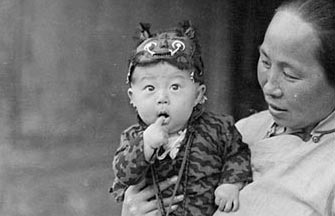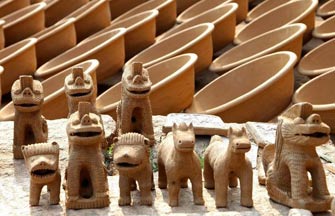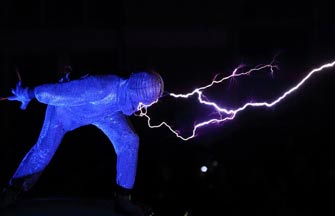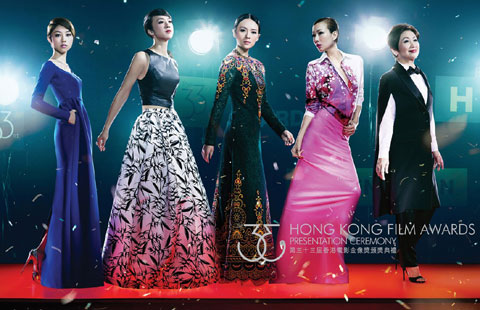Door to adulthood
By Wang Kaihao ( China Daily ) Updated: 2014-05-08 08:18:39
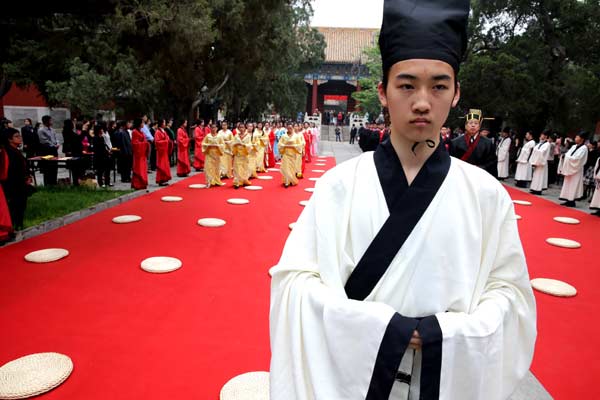 |
|
Students from Guangqumen High School, dressed in traditional Han clothing, declare their adulthood at a special ceremony in Beijing. [Photo by Jiang Dong /China Daily] |
Modern teens find meaning in coming-of-age ceremonies as old as Confucius, Wang Kaihao discovers.
On a recent Thursday morning, the mood is solemn at the Beijing Confucius Temple and Imperial College. More than 300 senior high students from the capital's Guangqumen High School have gathered to stage a traditional coming-of-age ritual of the Han ethnic group. It's a milestone in life, stimulating visitors' curiosity and a continuous sparkle of camera flashes. It all began with a simple commemoration ritual in front of a Confucius statue in the temple at 9 am. The adjacent college was home to the country's highest educational institution during the Yuan (1271-1368) to Qing (1644-1911) dynasties, and was a place to pay homage to the famous educator Confucius (551-479 BC).
Such customs are unfamiliar to students today, and they hardly know how to behave properly at such a dignified moment. So there is some quick rehearsing beforehand-with no detail ignored.
Some students wear traditional Han clothing, and go through a complex ritual that included the donning of hats (called guan) for young men and hair clasps (called ji) for young women to represent adulthood, kowtowing to their parents and chanting paragraphs from Confucian classics.
"The moment I knelt down was when I suddenly felt my parents become extremely great," says Shi Haoyuan with emotion. "I am deeply grateful for what they have done for me in the past 18 years.
"I'm glad I am no longer a child after such a touching circumstance. Though I have been here before, I've never felt so humble and so encouraged as a student confronting Confucius so seriously. This may empower me to pursue my dream of going to Peking University."
All the participants will compete in the national college entrance examination in June.
Zhou Hong, Shi's mother, smiles throughout the rituals, but some tears fall, too.
"My child has been so busy, overwhelmed with preparing for the exams," she sighs.
"I knew he must be thankful for our doings, but there was no chance for him to speak out. In Chinese culture, we might lack traditions to directly tell our families how much we love them. Here comes one rare opportunity."
Related: Ritual honors Confucius, parents
|
|
|
|
|
|
|
|
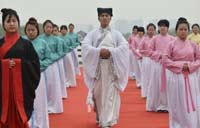
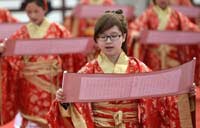
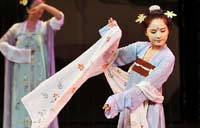

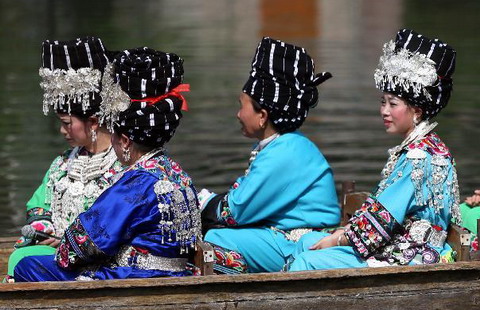
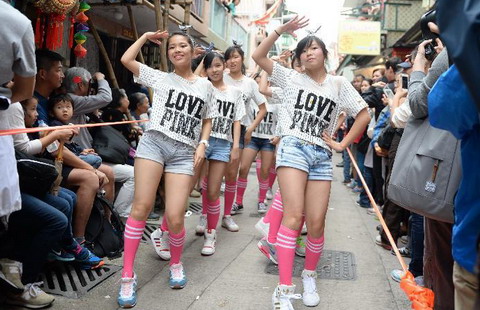


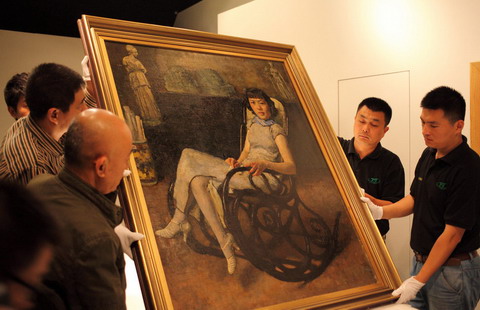

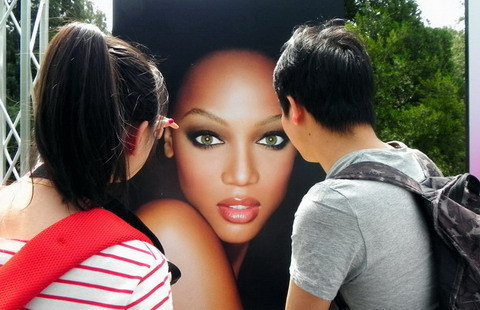
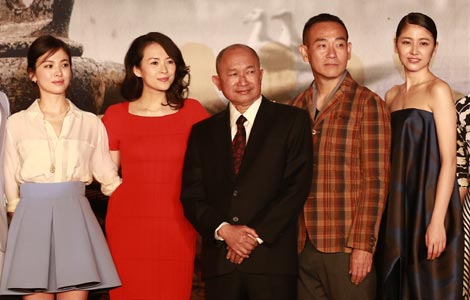

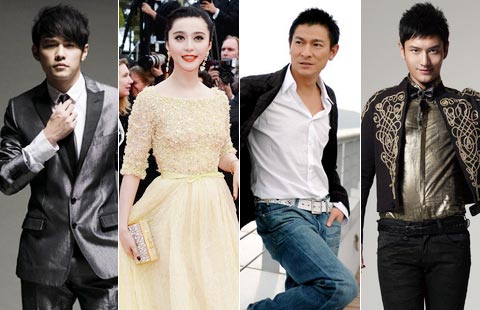
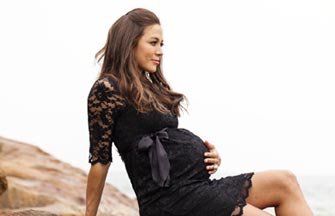

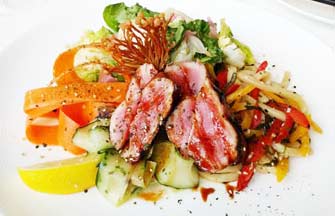



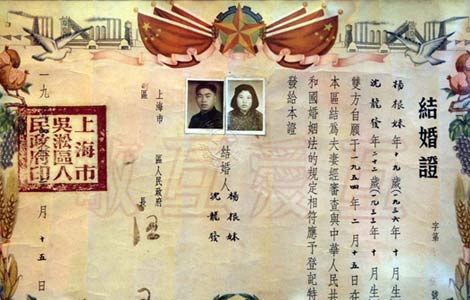
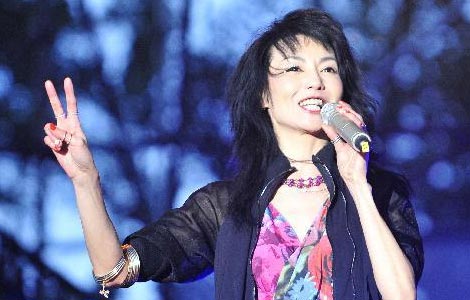
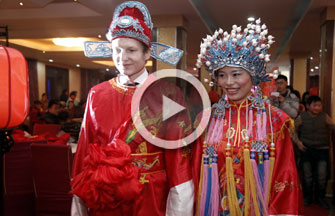


 Raymond Zhou:
Raymond Zhou: Pauline D Loh:
Pauline D Loh: Hot Pot
Hot Pot Eco China
Eco China China Dream
China Dream China Face
China Face
